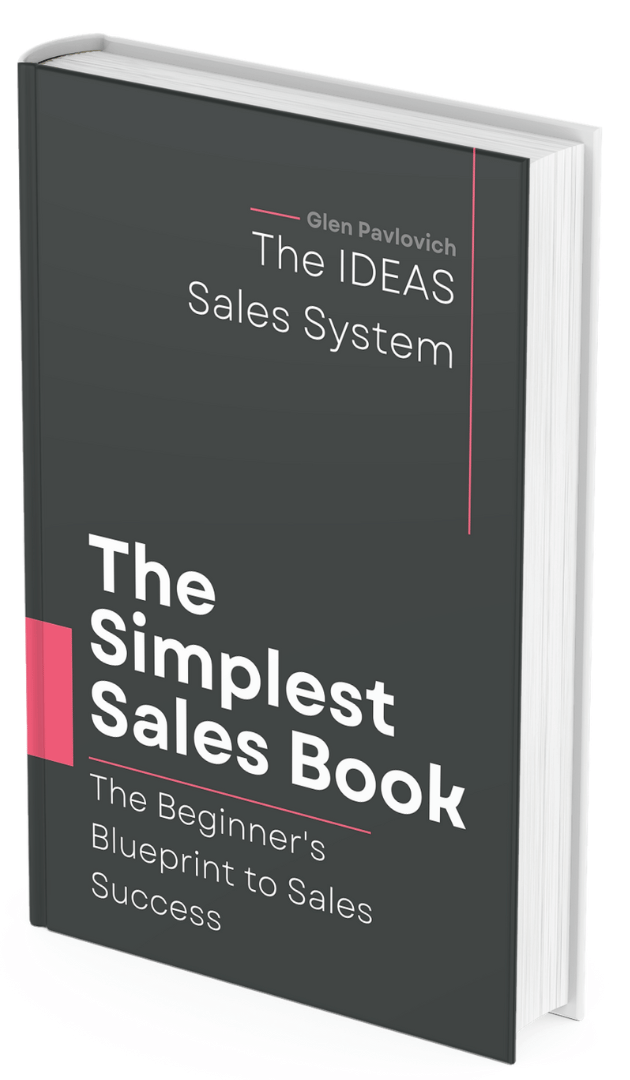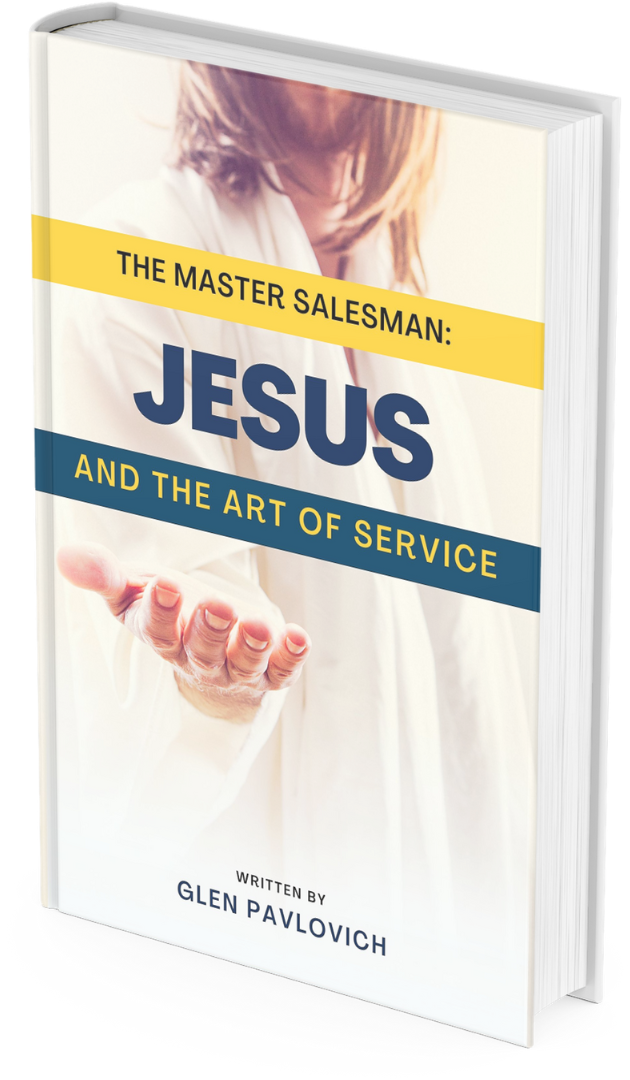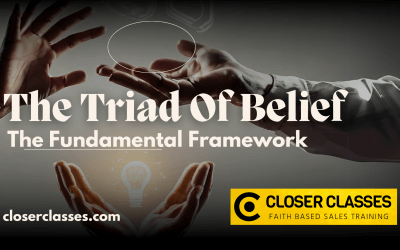In the world of sales, the ability to adapt is not just a skill; it’s an art form. It’s the difference between a transaction and a transformation. This is the essence of the Adapting stage, the fourth crucial phase in the IDEAS Sales System, a concept I explore in depth in my book, The Simplest Sales Book: The Beginner’s Blueprint to Sales Success.
Why Adapting Matters
- Personalization: Customers want to feel understood. A generic pitch won’t cut it.
- Building Trust: When you adapt your presentation to the customer’s unique needs, you’re showing that you’ve listened and understood them.
- Overcoming Objections: A well-adapted presentation can preemptively address objections, making the sales process smoother.
The Power of Emotional Connection
Understanding the emotional needs of your customer is crucial. For example, if you’re selling windows to Mr. and Mrs. Homeowner, you’re not just selling glass and frames. You’re selling warmth, safety, and a view to the world they cherish. By adapting your pitch to focus on these emotional needs, you’re not just a salesperson; you’re a problem solver.
The Role of Evaluation
Before you can adapt, you need to evaluate. This is where the Triad of Belief comes into play. You need to believe in your industry, your product, and most importantly, yourself. This belief will give you the confidence to evaluate the customer’s needs effectively and adapt your presentation accordingly.
How to Adapt
- Listen and Learn: Use the Discovering and Evaluating stages to gather information.
- Identify Emotional Triggers: What does the customer care about the most?
- Tailor Your Presentation: Use the information you’ve gathered to adapt your pitch.
Adapting Across Different Customer Profiles
- Older Couples: Focus on legacy, quality, and emotional connection.
- Young Couples: Highlight innovation, long-term savings, and modern design.
The Transformative Power of Adapting
Adapting your sales presentation is about more than making a sale; it’s about building a connection that resonates with the customer’s unique needs, values, and aspirations. It’s a customer-centric approach that aligns perfectly with the principles of the IDEAS Sales System and the Triad of Belief.
If you find these insights valuable and want to dive deeper, consider reading The Simplest Sales Book: The Beginner’s Blueprint to Sales Success. The book offers a comprehensive yet straightforward guide to mastering the art of sales, including the critical stage of Adapting.
For those who are serious about taking their sales skills to the next level, one-on-one training and coaching at Closer Classes could be the next step in your journey to sales mastery.
The customer is ready to buy. He needs you to help him believe.
Article Summary
This article delves into the importance of adapting in sales, a crucial stage in the IDEAS Sales System. It explores how to effectively tailor your sales presentation to meet the unique emotional and practical needs of each customer, transforming transactions into meaningful interactions.













